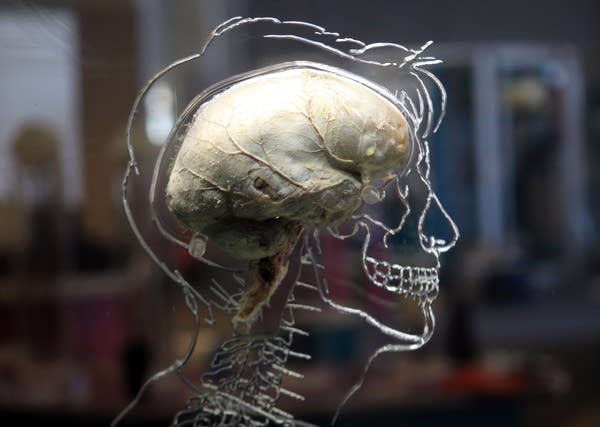9 facts about emotional memories and recall

A real human brain displayed as part of new exhibition at the Bristol attraction March 8, 2011 in Bristol, England.
Matt Cardy | Getty Images
Go Deeper.
Create an account or log in to save stories.
Like this?
Thanks for liking this story! We have added it to a list of your favorite stories.


